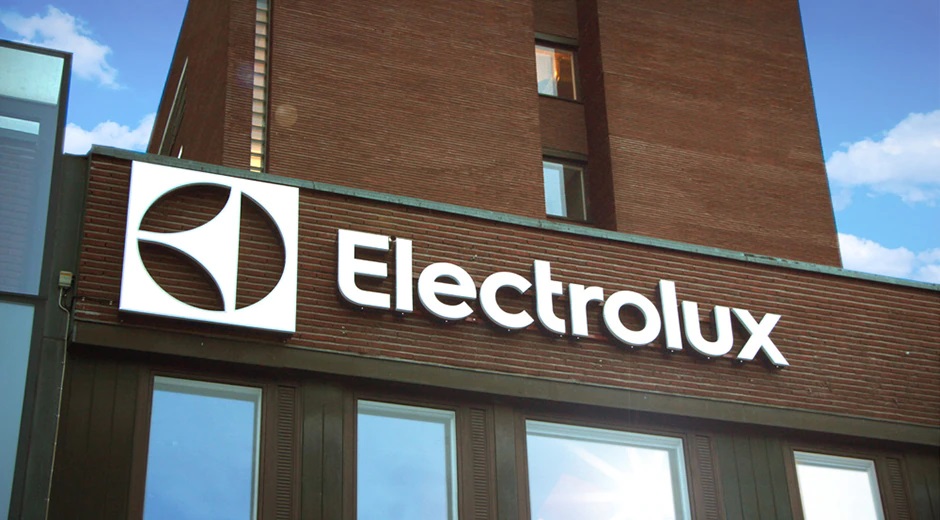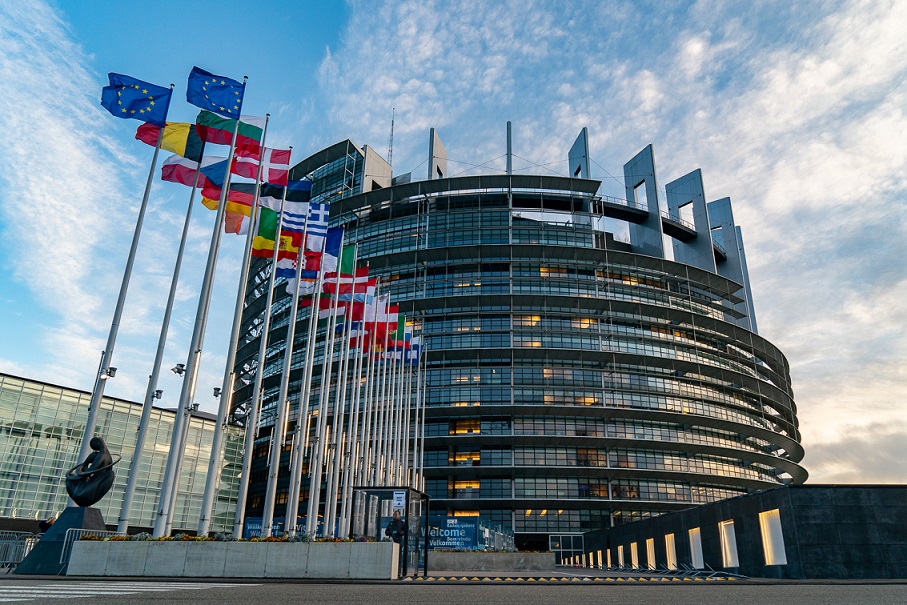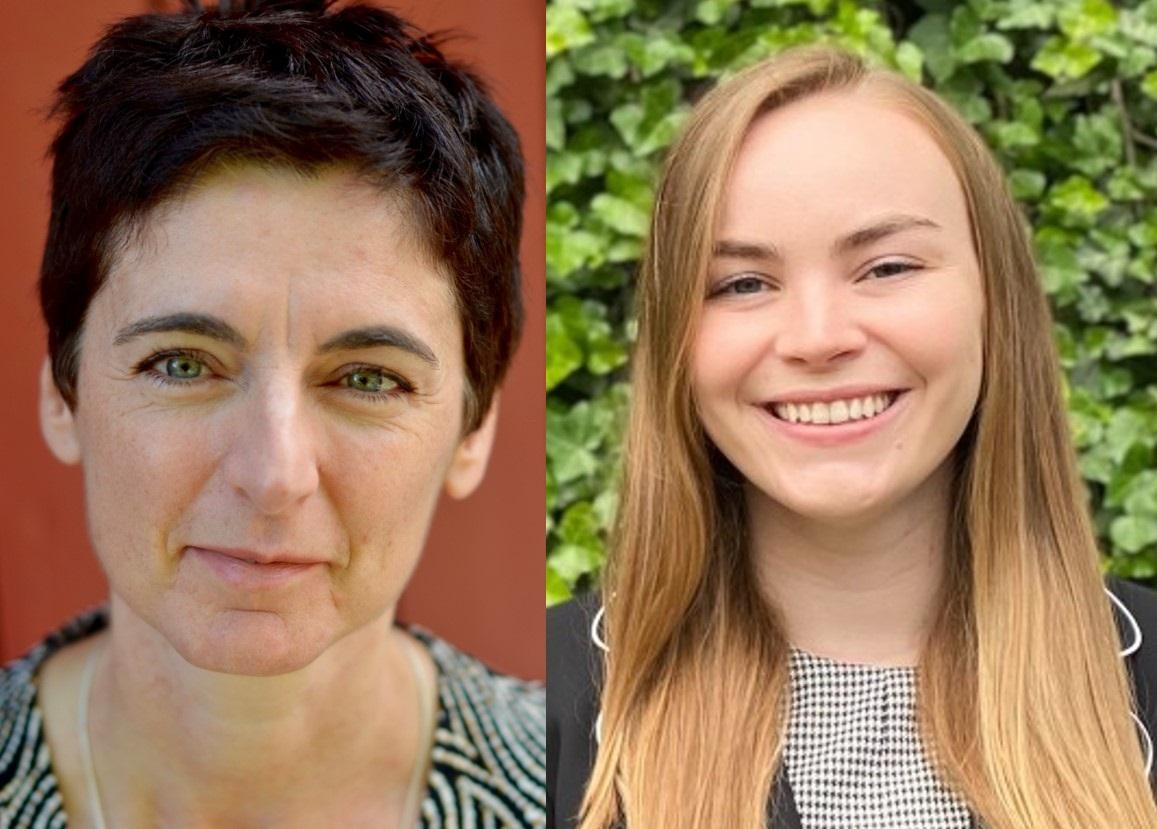Electrolux Sets Science-Based Goals to Reduce Emissions from Products, Operations
Home appliance manufacturer Electrolux announced today that it has set a new science-based climate target to reduce greenhouse gas emissions across its value chain, including in its products and operations.
The new target has been approved by the Science Based Targets initiative (SBTi), one of the key organizations focused on aligning corporate environmental sustainability action with the global goals of limiting climate change. The company’s previous science-based targets, which included goals to reduce Scope 1 and 2 emissions by 82%, and Scope 3 product use emissions by 25% by 2025, on a 2015 basis, were achieved three years ahead of schedule.
Under the new target, Electrolux aims to reduce the company’s Scope 1 and 2 direct and indirect emissions from its own operations by 85% and to reduce the Group’s absolute scope 3 emissions, including use of sold products, materials, transport of products and business travel, by 42% between 2021 and 2030.
Electrolux Group CEO Jonas Samuelson said:
“We’re very proud to have our second science-based climate target approved at the end of 2023 by the Science Based Targets initiative after achieving our first science-based target three years ahead of plan. We’re focused on keeping up our momentum to drive climate action throughout our value chain.”
Electrolux Group was one of the first 100 companies in the world to set a climate target approved by the Science Based Targets initiative in 2018. With the new scope 1 and 2 goal, Electrolux Group is targeting a 97% emission reduction in operations by 2030 compared with 2015.
Elena Breda, Chief Technology and Sustainability Officer at Electrolux Group said:
“The new science-based target will bring us close to zero emissions in operations by 2030, despite the challenging global economic outlook and some manufacturing processes to be addressed together with our suppliers. As approximately 85% of the global climate impact of an appliance is generated when it is in use, therefore by offering resource and energy efficient products is where we can have the greatest positive climate impact and our scope 3 target supports our work on this.”





